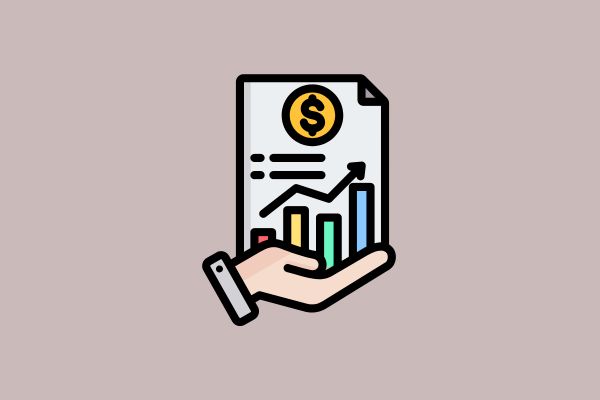From July 1, 2024, what are the 06 sources of information collection for property valuation according to Circular 31/2024/TT-BTC?
What are the 06 sources of information collection about appraisal assets from July 1, 2024, according to Circular 31/2024/TT-BTC?
Pursuant to Article 5 of the Vietnam Valuation Standards on Collecting and Analyzing Information on Appraised Assets issued together with Circular 31/2024/TT-BTC, the 06 sources for collecting information about appraisal assets from July 1, 2024, are as follows:
(1) Information provided by organizations and individuals requesting valuation showing legal characteristics (such as ownership rights, usage rights, exploitation rights, management rights, and other rights related to the asset), economic-technical characteristics (including usage, operation, exploitation, repair, and upgrade processes of the asset), and other relevant information (if any).
Organizations and individuals requesting valuation are responsible for the accuracy and honesty of this information;
(2) Information from the results of surveys on the current status of the appraised asset;
(3) Information from experts, inspection organizations, design consultancy organizations, construction technical organizations, and other individuals knowledgeable and experienced in the appraised asset (if any);
(4) Information from the results of surveys and information collection about the market and the market participants of the appraised asset;
(5) Information from national databases on prices, and information from competent state management agencies (if any);
(6) Other sources of information (if any).
Note: Sources of information collection must be clearly stated in the appraisal file, along with reasons and assessments of the suitability of this information with the appraisal requirements.

From July 1, 2024, 06 sources of information collection about appraisal assets according to Circular 31/2024/TT-BTC are what?
How to consider and evaluate collected information according to the Vietnam Valuation Standards?
Pursuant to Article 7 of the Vietnam Valuation Standards on Collecting and Analyzing Information on Appraised Assets issued together with Circular 31/2024/TT-BTC, the consideration and evaluation of collected information is regulated as follows:
- Based on the collected information, the individual performing the valuation activity considers and uses reliable and appropriate information and data for analysis and application of valuation approaches and methods.
- For information from the documents and records about the appraised asset provided by the organization or individual requesting valuation, if there is a discrepancy between this information and the survey results on the current status of the asset or if the documents and records are found to be incomplete, additional clarification is needed to service the valuation process. Immediate consultation with the requesting organization or individual is required for supplementation or clarification.
The process of consulting to supplement documents or clarify information must ensure objectivity and compliance with relevant legal regulations, prohibiting any acts that could affect the valuation activity and the value of the appraised asset.
- For other information, careful consideration, assessment, and evaluation of the use of this information based on analysis, reliability, appropriateness of the information source, provider, content, collection time, and method are required for the appraised asset.
How to analyze information according to the Vietnam Valuation Standards?
Pursuant to Article 8 of the Vietnam Valuation Standards on Collecting and Analyzing Information on Appraised Assets issued together with Circular 31/2024/TT-BTC, the analysis of collected information is conducted as follows:
- The content of the information analysis must be presented in the valuation report. During the information analysis process, assumptions and special assumptions can be made; the content regarding assumptions and special assumptions is performed according to the regulations in the Vietnam Valuation Standards on Valuation Basis.
- The collected information is analyzed according to the following content groups:
+ Analyze basic information about the organization or individual requesting valuation; purpose of the valuation; valuation date; legal basis for valuation; valuation basis;
+ Analyze information about the legal, economic, and technical characteristics of the appraised asset;
+ Analyze information about the market of the appraised asset;
+ Analyze the best and most effective use of the asset (only applicable to real estate assets).
The best and most effective use of the asset is the use that complies with legal regulations, physical and technical conditions, and brings the highest economic efficiency.
The best and most effective use of the asset may be the continued use of the asset with its current purpose or an alternative purpose; therefore, it is necessary to analyze and present arguments proving the capability to use the asset in a manner consistent with legal, socio-economic, and financial factors to determine the best and most effective use purpose of the asset.
+ Analyze information about other related content.
Circular 31/2024/TT-BTC is effective from July 1, 2024.
LawNet